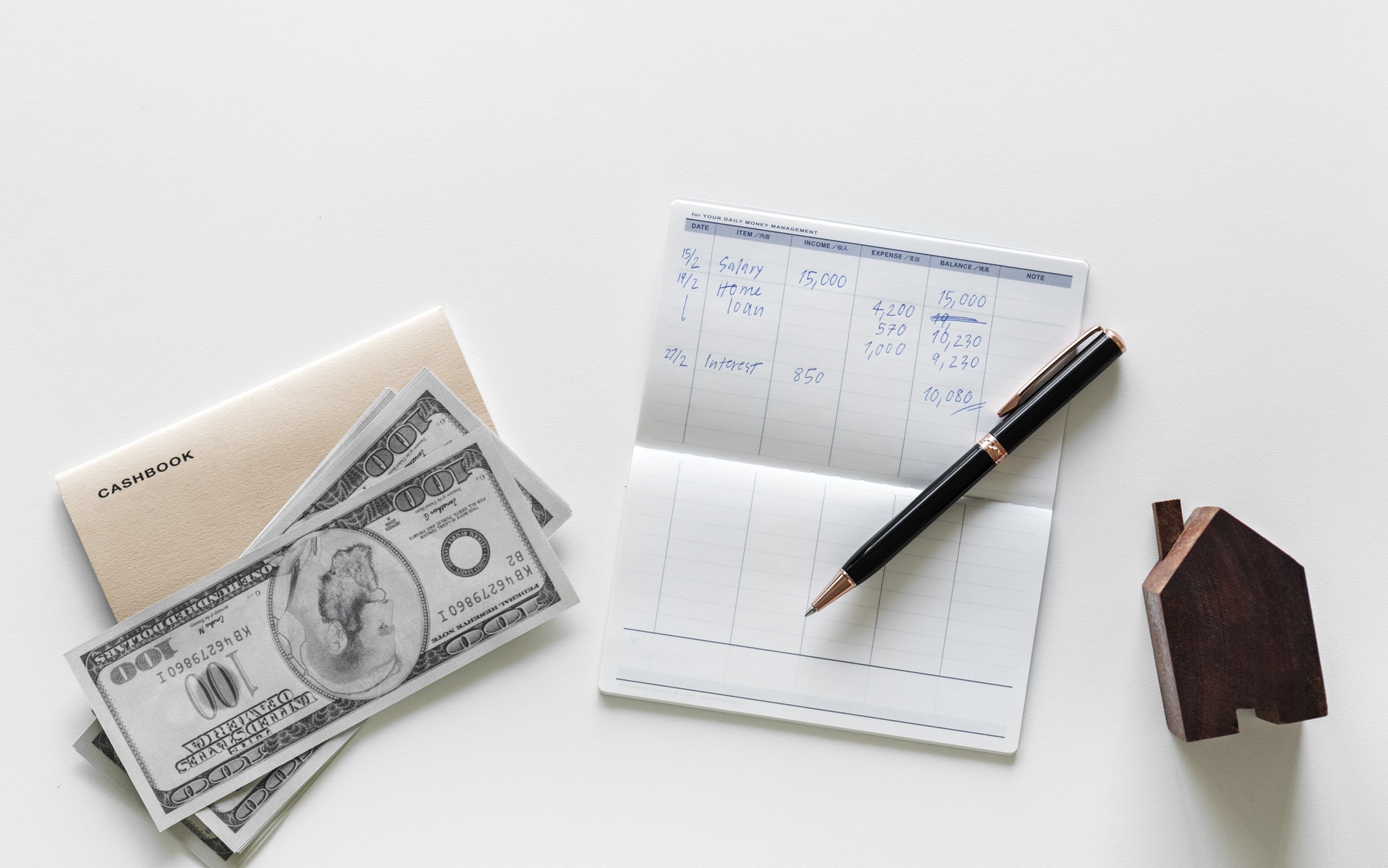Refinancing your auto loan is a very big decision to make, almost as big as buying your new car. Refinancing is basically acquiring a new secured loan to pay off the old one. This usually happens when you seek more favorable terms on your loan contract or you need cash fast. Ideally, the new loan terms will be improved. But sometimes refinancing is not always the right decision, as there are disadvantages related to it, too.
Refinancing your auto loan can be appealing and tempting at times. But it is very important to take a close look to make sure you get the benefits you wanted from it. Like other decision-making situations, refinancing has both advantages and disadvantages. That is based, of course, on your situation. Having an educated understanding about these pros and cons will keep you on the right track to make a good financial decision.
To help you decide whether to refinance your car loan, here are some pros and cons to consider:
Pros of Refinancing Your Auto Loan
Refinancing can lower your interest rate
Through refinancing, there is a possibility that you get a lower interest rate compared to your existing loan. This is one of the many reasons why borrowers opt to refinance. If you have a good credit reputation, you might want to try checking to refinance your vehicle after a couple of years. If your credit score is good, you can get a lower interest rate through refinancing. With lower finance charges, you will be able to save money over the course of loan period or even able to pay off your loan faster. However, there is a limit on this. Keep in mind multiple inquiries on your credit rating can negatively affect your credit standing.
Refinancing extends payment period
It allows the borrower to reconstruct the term of the new loan, including the payment period. If the borrower has good credit, extending the loan period can be attainable. For instance, if the loan term of your existing loan is two more years, it may be possible to extend the term to four or five years through refinancing.
Refinancing increases cash flow
If the balance of your existing loan is less than what your car is worth, you may able to increase your cash flow through cash-out refinancing. For instance, if your vehicle is currently valued at $10,000, but you only owe $8,000; your vehicle has an equity value of $2,000. This type of refinancing gives you the equity remaining to use as necessary.
Cons of Refinancing Your Auto Loan
Refinancing makes you pay more interest over the period of the loan.
When you refinance, you should compute first whether you are actually saving money. Although it is true that when you refinance you often get a lower interest rate, you generally also pay more interest since the loan period is extended. In other words, you pay more cash over the life of your loan. Getting a lower monthly interest rate might be very tempting, but if you really want to pay less overall and save money it is important that you do the math first before deciding.
Refinancing sometimes makes you pay a higher interest rate.
This advantage is for a cash-out type of refinancing. This type of refinancing allows borrowers to pull out cash fast but often come with a financial penalty (interest rate or fees). Getting cash is the most common reason for refinancing. When you conduct a cash-out refinancing, you should keep in mind that most creditors charge high interest especially on older cars. But, this is a good method to get cash out of your equity if you need immediate funds.
Refinancing sometimes makes you pay exit, transfer, and upfront fees.
Since you are terminating your existing loan and getting a new one, you are expected to pay additional fees and charges. Most of the loans that came from refinancing do not have a pre-termination waiver. Beware if your new loan comes with a prepayment charge, because it will mean you are not allowed to pay off your credit early. With that, you have no choice but to pay the loan over the entire length of the loan. Be careful if your new creditor charges an extra fee, including the application charges, because these can add up and offset benefits that you’d get from refinancing.
Before deciding whether to refinance or not, you must do your research first and take all your options into consideration. Start by evaluating what interest rates are available. Then consider your budget and the length of your current versus proposed loan. To maximize the benefit of refinancing, try to find a loan that has the lowest interest rate but payable in the shortest period of time.


